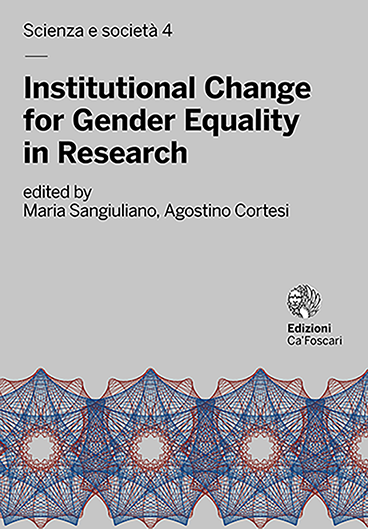- search 303 views
- file_download 47 download
- keyboard_capslock metadata
-
mark_email_readIscriviti alla newsletter
The EQUAL-IST GEP Implementation at the University of Modena and Reggio Emilia
abstract
In the recent policies issued by the European Commission (EC), which were reflected in the FP7 and Horizon 2020 (H2020) framework programs, Gender Equality Plans (GEPs) have been promoted as the main tool to achieve structural change for transforming institutions and, in particular, their rules, regulations, organizational processes, and cultures. The Horizon 2020 EQUAL-IST (Gender Equality Plans for Information Sciences and Technology Research Institutions) project supports six Universities across Europe (Italy, Lithuania, Germany, Ukraine, Finland, Portugal) to design and implement actions towards gender equality, with a specific focus on the ICT/IST area, through two phases of implementation. The paper presents the analysis of the experience of the EQUAL-IST GEP implementation at the University of Modena and Reggio Emilia in Italy. Particular attention will be devoted to analyze the encountered resistances and critical issues, highlighting the adjustments adopted during the second implementation phase to overcome them and to ensure sustainability of the main actions.
Keywords: Gender Equality Plans • Structural change • Implementation • Sustainability • Information Sciences and Technology




